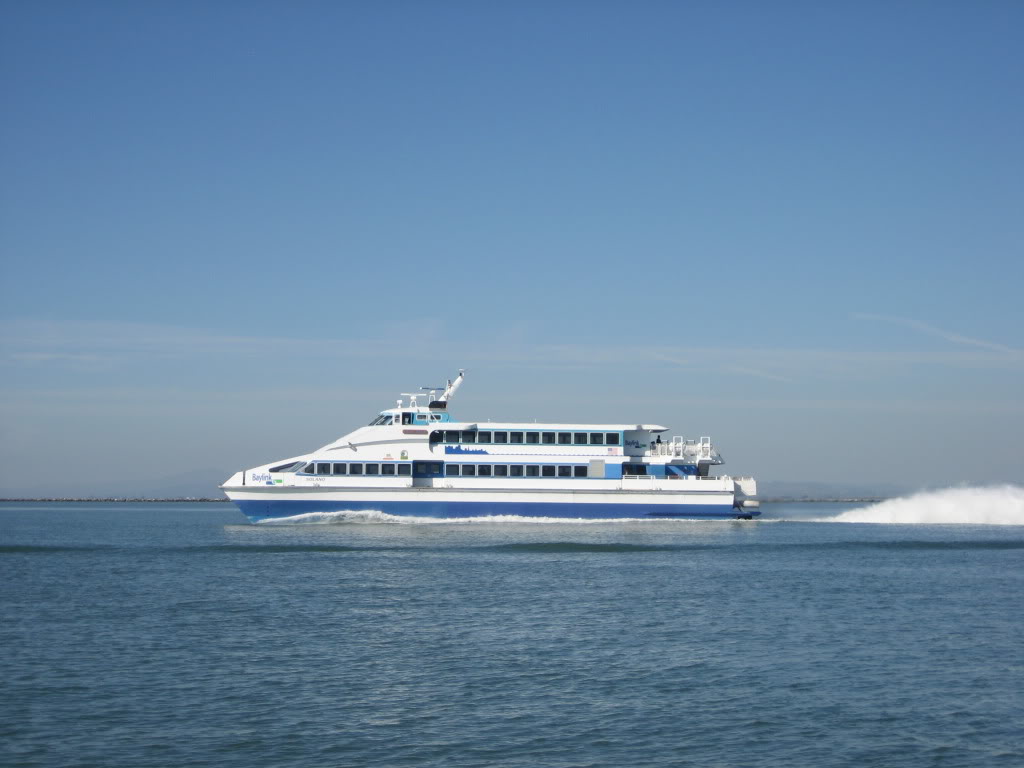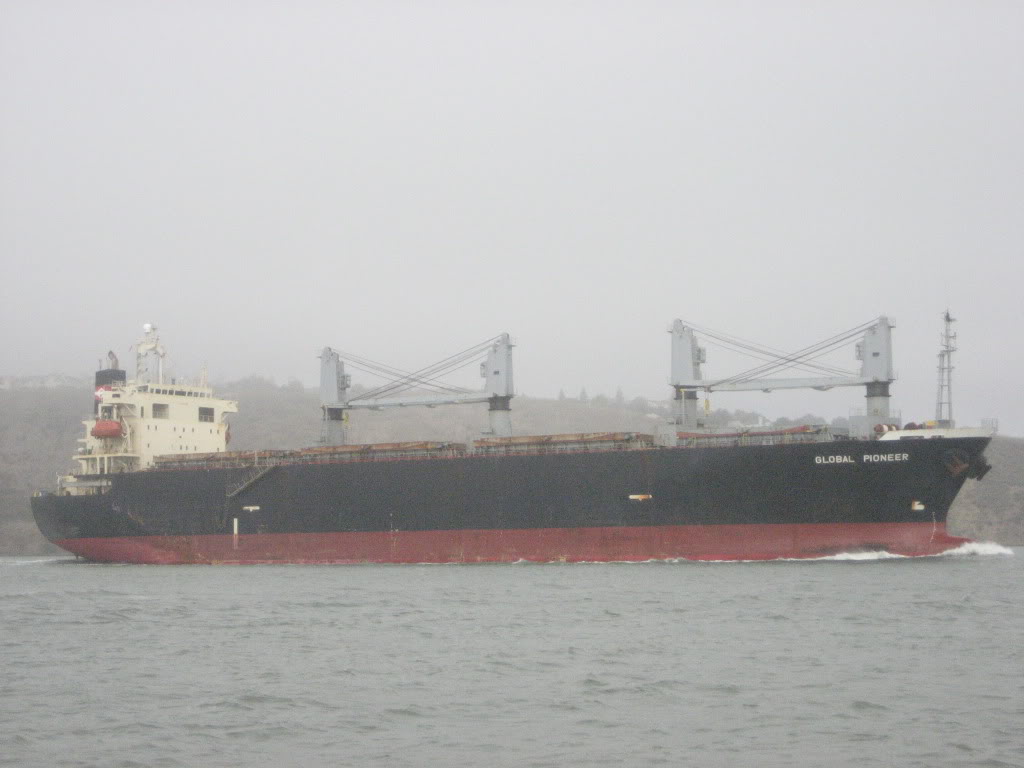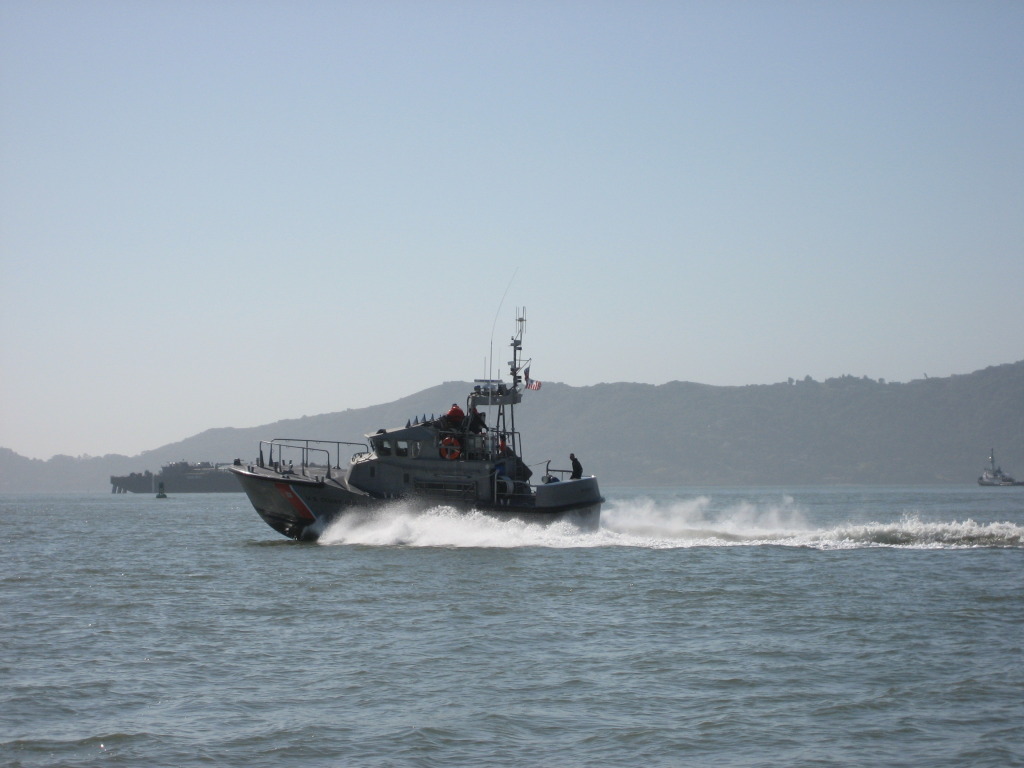Phil Fill
Guru
- Joined
- Oct 11, 2007
- Messages
- 2,919
- Location
- US
- Vessel Name
- Eagle
- Vessel Make
- Roughwater 58 pilot house
I try to give them plenty of room, so there is distance and time to turn into the wake. If not then we can take them on the stern as the Eagle stern is round so the majority of the wave passes under/around. It takes a big wake to knock the Eagle around. Bayliners and Ocean seem to be the biggest offenders in the Puget Sound as we do not have many fish killers. I try to give crew/passengers plenty of notice. Get ready to rock and roll! The only things we have to stow are the high/tall center of gravity stuff. There have been a few time I might have squealed. 

As for the locks since the bigger boats are put up against the wall we are the first one in and the last one out.
As for the locks since the bigger boats are put up against the wall we are the first one in and the last one out.






